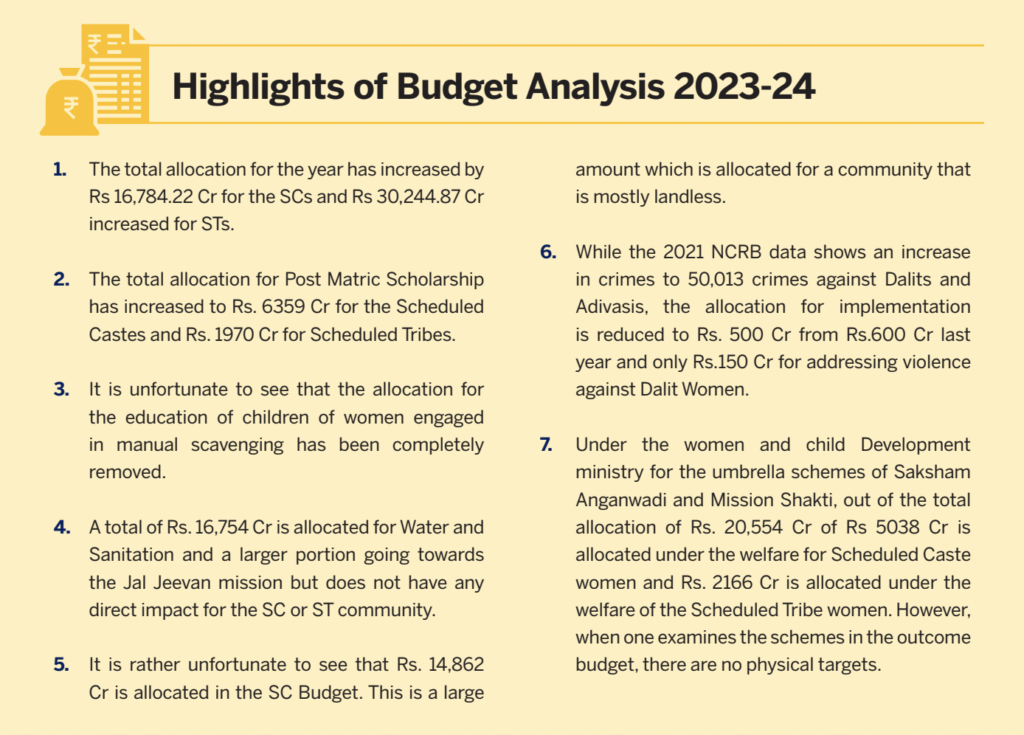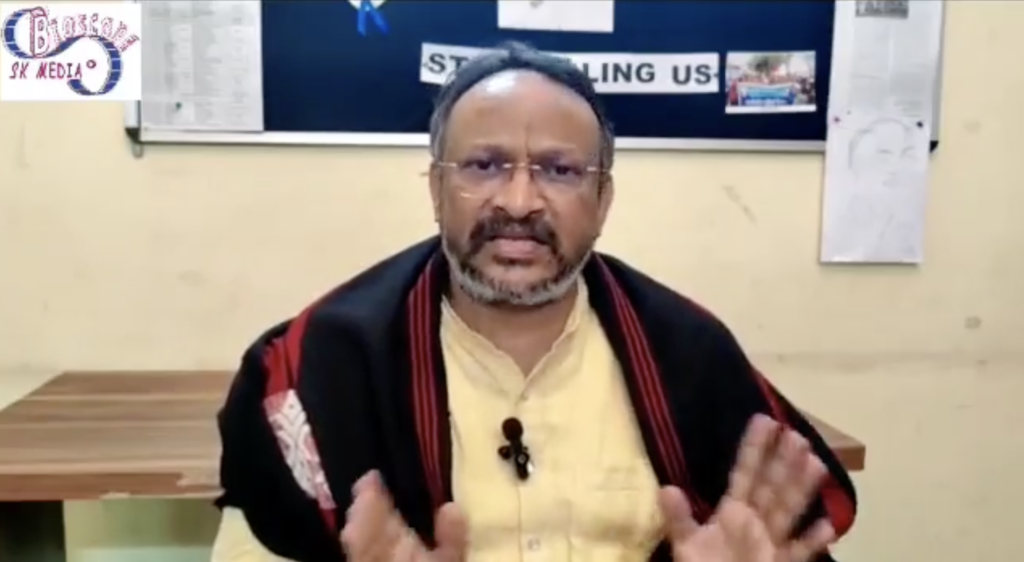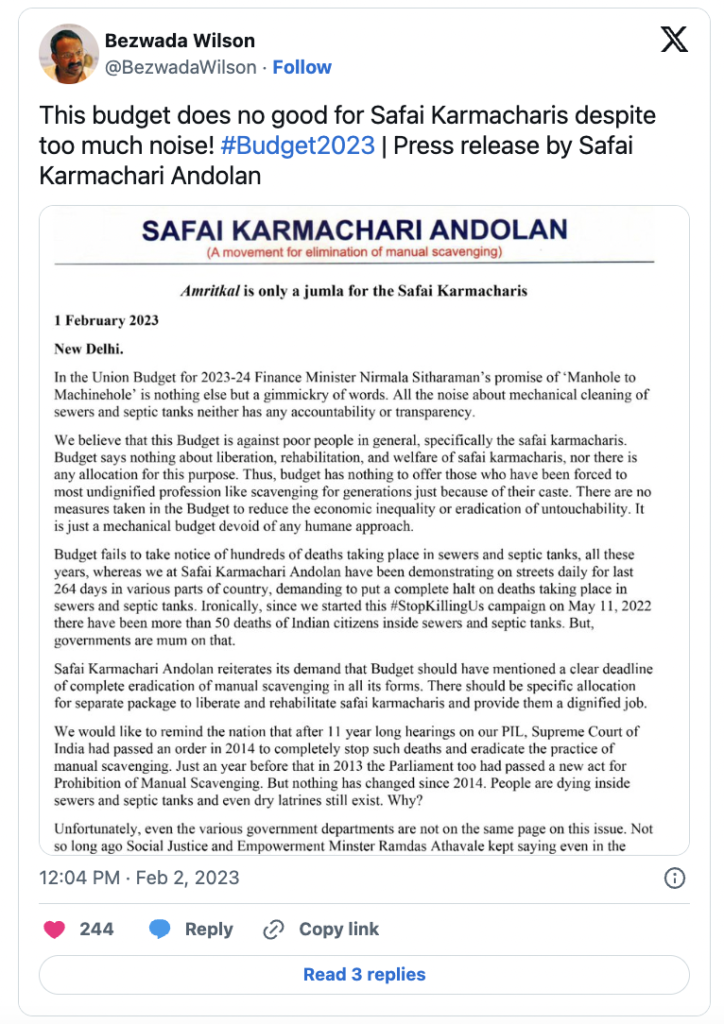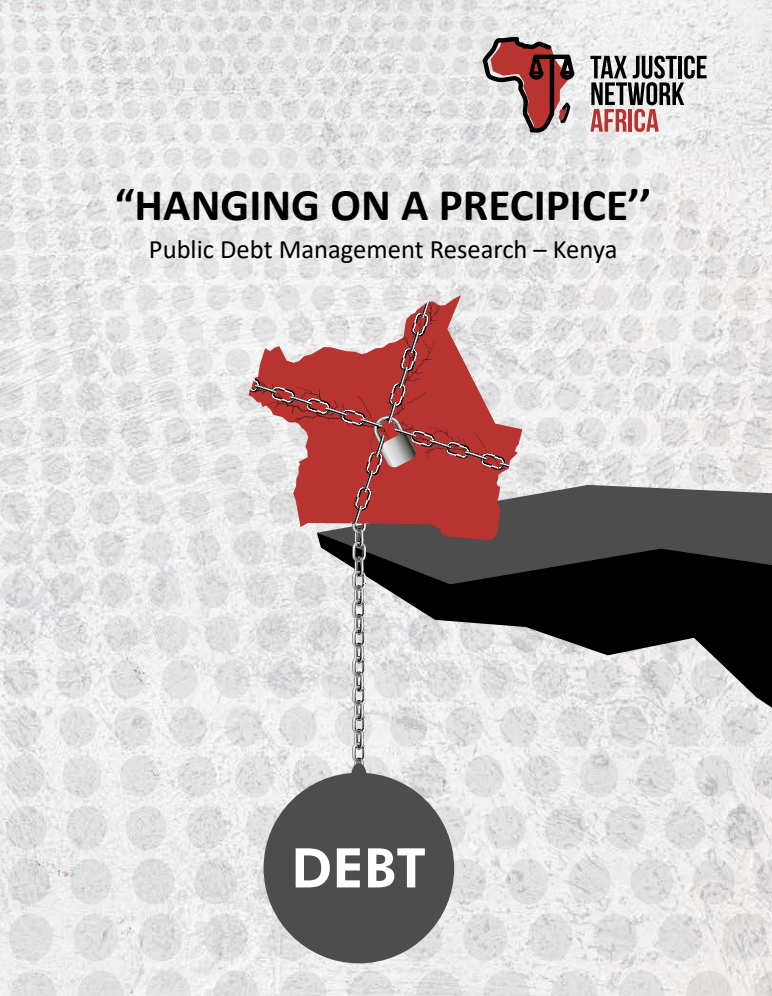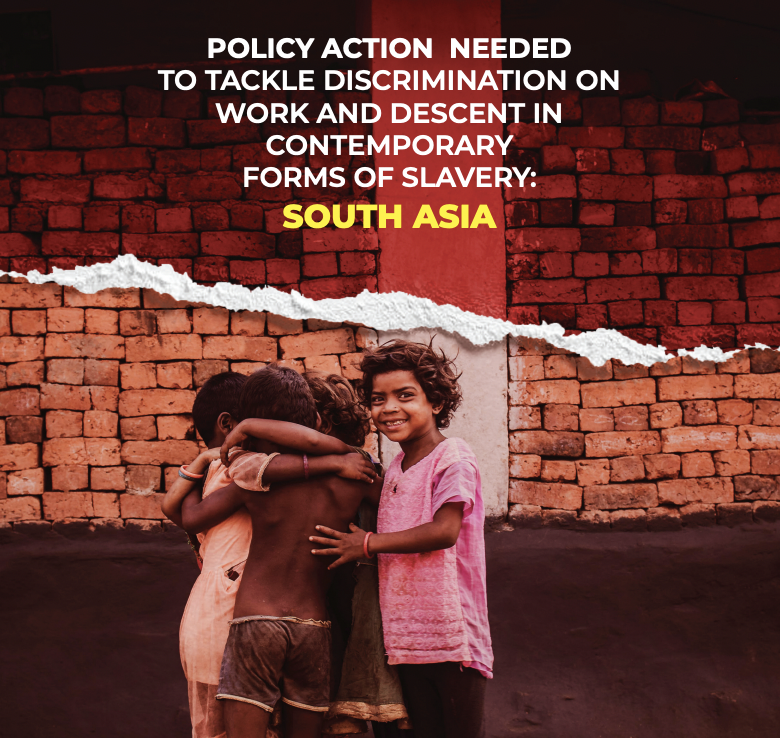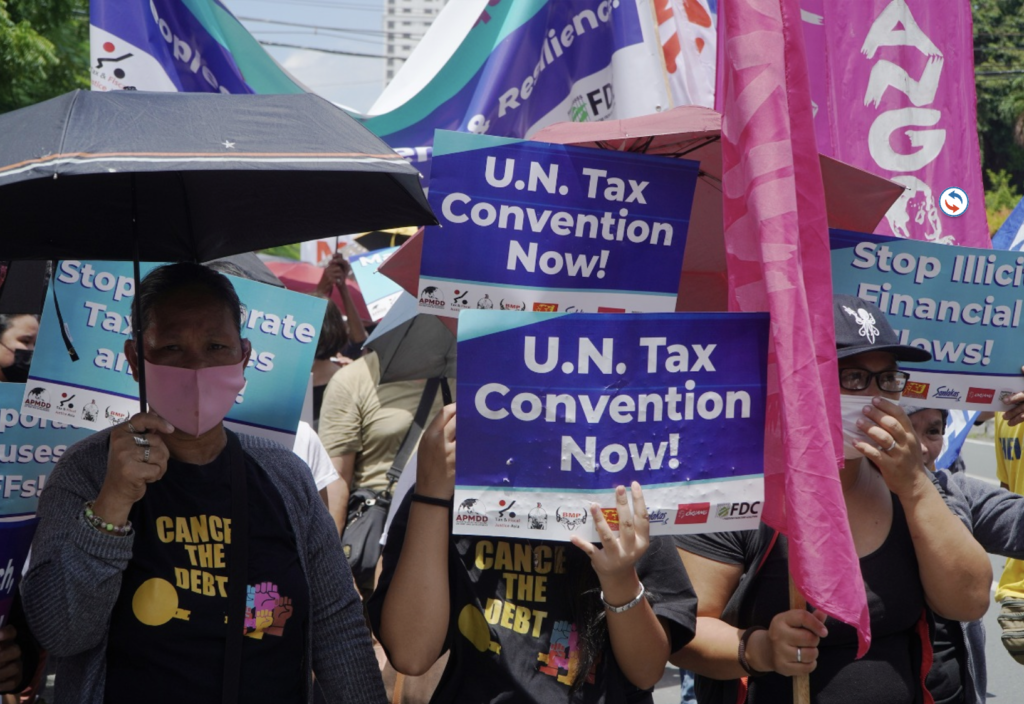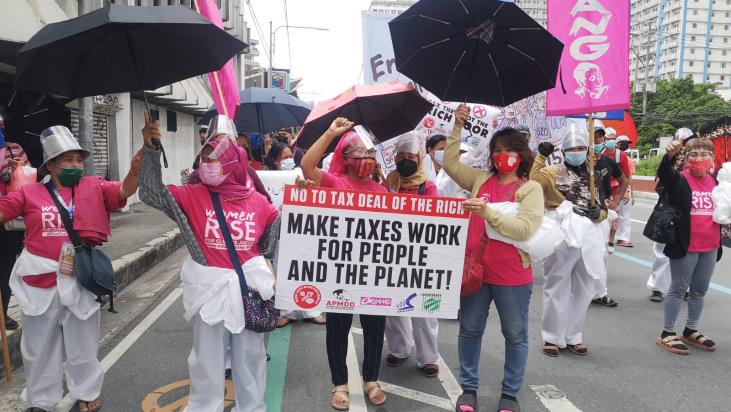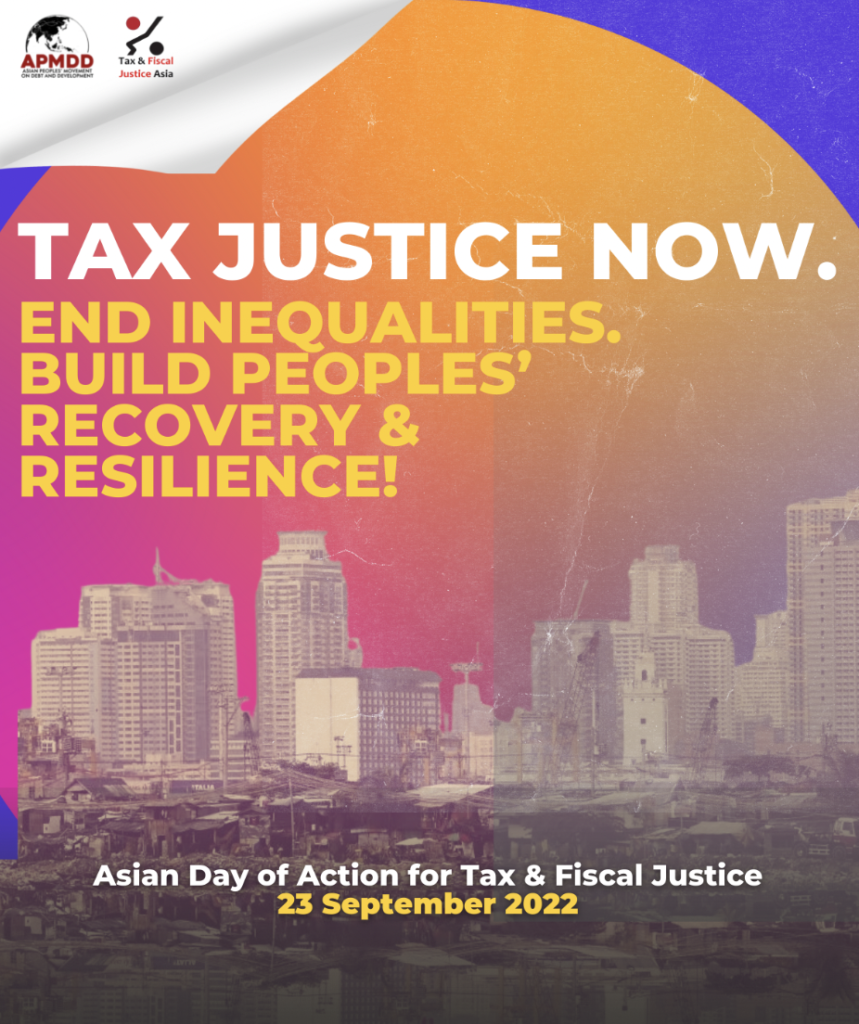The Asian Peoples’ Movement on Debt and Development, together with its members at the national level across Asia, carried out the Asia Days of Action – “Tax Justice Now for People’s Recovery” from 23 to 24 September 2022 (click here to watch a video summary).
Multisector groups from Bangladesh, India, and Pakistan took part in days of action, holding seminars, protest actions, solidarity gatherings and photo actions. The groups stressed the urgency to address policies that severely undermine the capacities of people to prepare for, respond to, survive, recover, and rebuild when crisis or natural disasters strike.
Highlights in India included a workshop bringing together CSOs, domestic workers and migrant workers, a puppet show on unjust tax regimes, poster-making by children, and a ‘Ride for a Fair Tax’ that mobilised domestic workers on bicycle.
In Bangladesh, garment workers protested in front of the National Press Club, demanding an end to VAT.
In Pakistan, the Pakistan Fisherfolk Forum organised a rally against injustices in the tax system in Pakistan, and a seminar was held to discuss the need for taxes to work for ordinary people and help deliver public services and much needed relief in light of the floods that struck Pakistan that month.
Click here to read the press release
Click here to watch a video of the Asia Days of Action for Tax Justice 2021



